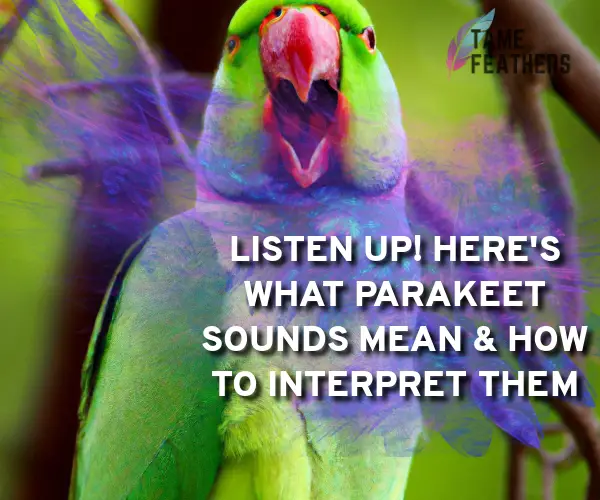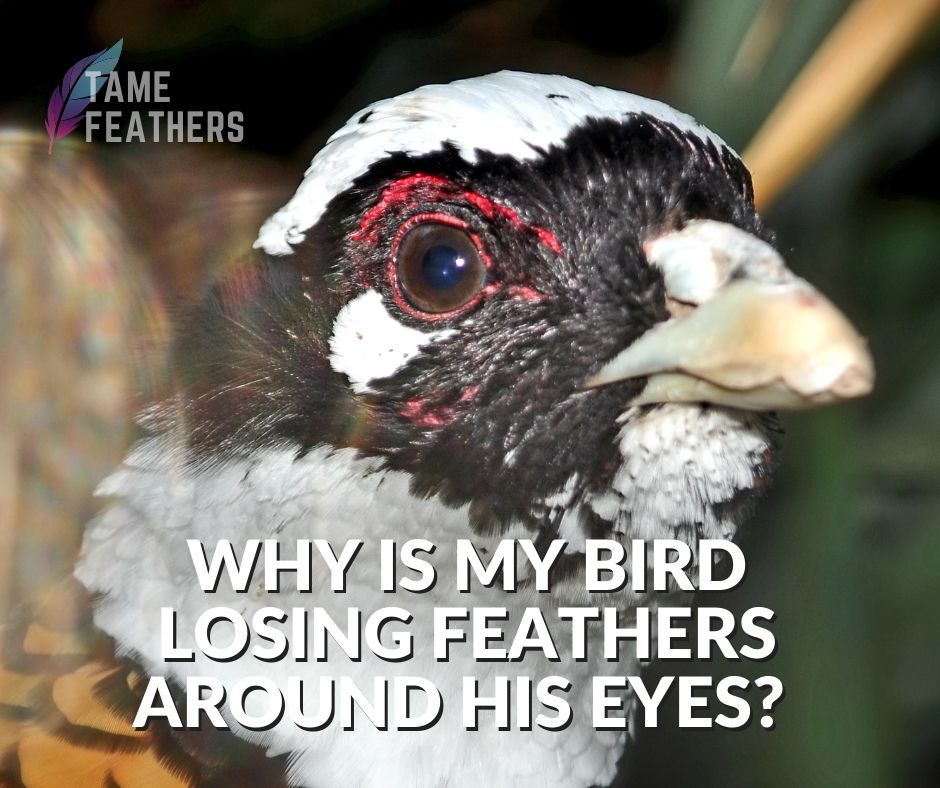Own any parakeets yourself? Do you want to grasp what they are attempting to convey? Parakeets have a wide range of vocalisations and are even capable of speaking. However, how can you interpret the meaning of their whistles, tweets, and chirps? Be at ease! This essay will help you decipher the messages your feathery companion is sending you. It won’t take you long to understand the significance of each sound they make!
Chirping
Chirps, in comparison to the other
sounds that parakeets may make, typically have a higher pitch. It is typically supposed to be associated with joy or happiness and is generally considered to be the most pleasant of all noises. [Case in point:] This sound is most likely produced by a parakeet that is satisfied with its surroundings, as it appears to suggest an overall contentment with its habitat.
When a parakeet is trying to communicate something specific, such as when it seeks attention or food, it may utilize a loud chirp as a method of communication. If you have a pet bird and notice that it is preening its feathers and producing a loud chirping sound, you might want to try scratching its head or give it some yummy goodies.
Trills & Whistles
When parakeets whistle, they are often attempting to attract the attention of their owners so that they can engage in some form of social interaction with them. This could signify that they need extra fresh water in their dish or that they want out of their cage for some playtime. Both of these things are possible.
Your pet may seek to communicate with you in a number of different ways, including whistling and trilling, among other sounds. Trills are a form of hello note that let you know that your feathered friend has realized you’re around and tend to have more movement between different notes than ordinary whistles do. Trills tend to have more movement between different notes than regular whistles do.
Distress Calls
If a parakeet perceives that it is in danger, for example from the presence of another animal, it may let out a distress call in order to inform its owner of the impending threat, which is especially important if the danger is too close for the owner to feel safe. These calls will typically begin as short, sharp screams and then gradually grow into louder shrieks until the potential danger has been eliminated.
“Tsk-tsk” Noise
The expression of anger by making a “tsk-tsk” noise, typically in response to anything being done incorrectly or not according to plan, If you hear this sound coming from your pet bird when you are attempting to train it, the bird is probably letting you know that you are doing something incorrectly. You may try starting over with whatever game or activity you were doing before, and if necessary, you could even give them timeouts to let them learn that this kind of behavior is not acceptable.
Growls & Groans
When a new person or animal enters their territory, parrots have been known to let off a loud growl, which can be directed at either the human or the other animal. This kind of vocalization almost always functions as a warning indication and conveys the meaning “back off.” The sound of growling should never be taken lightly, and the problem should be resolved as soon as possible by either removing the source of their anxiety (if that’s feasible) or leaving the area entirely until things have settled down again.
Squawks
The act of squawking is most common during times of excitement, such as when the birds are participating in games with their owners, such as hide-and-seek, or when they are observing the introduction of new toys into the home. In general, these types of sounds indicate joy rather than alarm, but you should always keep an eye on how long these episodes last because continuous squawking can become stressful over time due to the fact that
FAQs About Parakeets
Why do parakeets scream?
Parakeets scream for a variety of reasons, including to communicate with other parakeets, to express excitement or fear, and as an attention-seeking behavior.
Do parakeets talk or sing?
Parakeets can learn to mimic human speech and sing, but it depends on the individual bird. Some parakeets are more vocal than others.
How do you call a parakeet?
A parakeet is usually referred to as a budgerigar or “budgie” for short.
We Thought You Might Want To Know This About Parakeets… 😊
Want to know how long parakeets typically live? Find out on
how long do parakeets live





